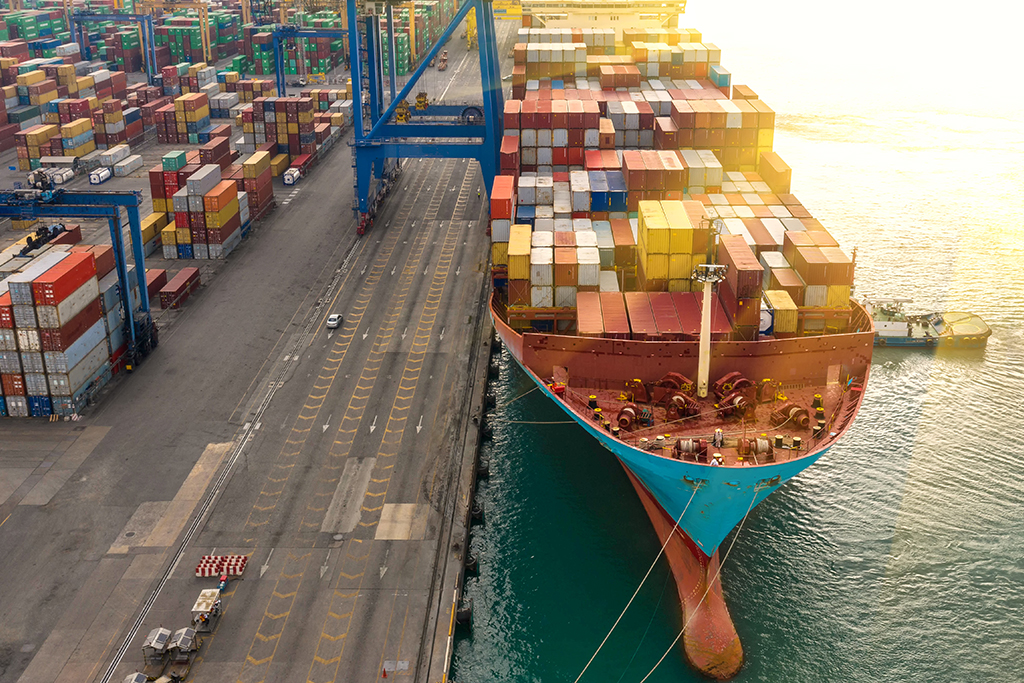Australia’s experience in dealing with de minimis transactions has been complicated by the recent abolition of the equivalent United States of America (US) process for commercial consignments on 29 August 2025.
Those in the industry live in a world dominated by acronyms (for example, ABF, DAFF, NCTF, TFIWG, ATTP, FID and the like). Lawyers also have their own special terminology which draws upon other sources, especially from Latin.
Ostensibly, Latin is a ‘dead’ language. However, it does live on in some corners of society including the legal profession and especially in relation to rules of statutory interpretation or legal principles.
One of the Latin maxims is ‘De minimis non curat lex’ which explains the principle that the law is not concerned with insignificant or minor matters. The maxim is often referred to as de minimis and has worked its way into international trade matters, providing that transactions at low values should not attract customs duties or other border taxes. These transactions can be transacted through different reports which are not as detailed as other ‘import declarations’ and do not attract the same sort of processing fees.
The aim of the regime is to facilitate these transactions at little cost to the purchaser of the goods, given the low value of the goods. This extends to lodging of the de minimis reports which can often be undertaken by anyone and does not require the use of a customs broker. However, the massive increase of low-value commercial purchases through e-commerce during and since the Covid-19 pandemic has meant a similarly massive increase in de minimis transactions, which are harder for border agencies to monitor and create a cost for border agencies that is not recovered in costs to process the transactions. They are also subject to abuse by parties declaring an artificially low value for the goods or including contraband items in the hope that the perceived lower level of review of such transactions decreases the prospects of intervention by the border agencies.
The US removal of the de minimis exemption for commercial consignments
The US approach to trade has significantly changed since the commencement of the second Trump administration. Years of careful development of multi-lateral trade policy is being swept aside in favour of an ‘America First’ policy where US interests come first, even at the expense of countries who have been seen as allies for many years.
The primary example of this is the proposed imposition of “reciprocal” tariffs at rates higher than prevailing rates on exports from various countries at the point of import into the US. While those tariffs remain in place pending challenge in the US Supreme Court, there are also ‘sectoral’ tariffs on goods such as steel, aluminium, automotive vehicles and components. The sectoral tariffs are imposed under different US legislative provisions.
Another major change has been the US suspension of its own de minimis arrangements which previously allowed commercial consignments of goods valued under US $800 to be imported free of duty. Shortly after taking office, the Trump Administration suspended de minimis treatment with respect to commercial consignments from China and Hong Kong (a large source of US e-commerce purchases). That practice has now been extended so that from 29 August 2025, there will not be any de minimis concession from customs duty for commercial consignments which will all attract customs duties at prevailing rates applying to the countries from which the goods are exported based on the new reciprocal and sectoral tariffs. A small concession remains for de minimis treatment for private letters and consignments valued at less than US $100.
The unilateral suspension of the de minimis exception for low-value consignments into the US has caused significant disruption to trade, as many international postal services (such as those provided by Australia Post) have also been suspended. The suspension will be in place until those postal services adopt new technology to allow for the calculation and recovery of the customs duties now payable on commercial consignments to the US and for those duties to be remitted to the US Customs and Border Protection (CBP) prior to arrival in the US.
The new approach by the US means that those selling though e-commerce channels into the US will have to re-price their exports into the US to collect the new US duties and make correct declarations of the value of the exports (with penalties if the calculations are not correct). There will also be thoughts on larger consignments of goods to be held in the US in bond pending release, at which time duties will be paid.
The ultimate advice is not to engage in schemes or processes to avoid US duties as the US CBP will be alert to changes in practices and focus interventions on changes in practice.
The current arrangements and suspensions may only be temporary, so attention needs to be paid to US developments and similar developments elsewhere in the world.
Contact us
If you are seeking legal advice on de minimis transactions and the newly imposed tariffs on goods imported into the US, please contact a member of our Customs & Trade team.
| Disclaimer: This publication contains comments of a general nature only and is provided as an information service. It is not intended to be relied upon, nor is it a substitute for specific professional advice. No responsibility can be accepted by Rigby Cooke Lawyers or the authors for loss occasioned to any person doing anything as a result of any material in this publication.
Liability limited by a scheme approved under Professional Standards Legislation. © 2025 Rigby Cooke Lawyers |
